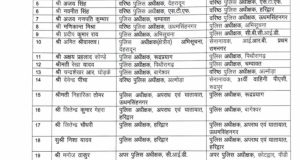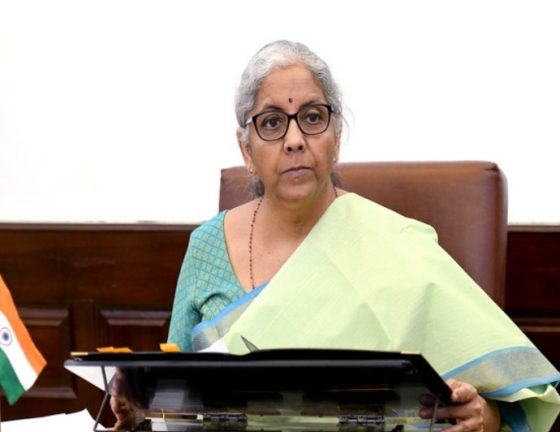Environment Minister Prakash Javadekar on Monday informed Rajya Sabha that fuel conforming to stringent BS-VI emission norms has been introduced in the national capital to reduce air pollution.
The Minister also informed the Upper House that sale of BS-VI compliant vehicles would begin in the country from next year.
“BS-VI compliant fuel is now available in Delhi and from next year BS-VI emission compliant vehicles will also be available,” Javadekar said while replying to supplementaries during the Question Hour.
The minister said that PM-10 level has come down in the national capital.
He said dust pollution causes respiratory diseases.
Therefore all forms of pollution should come down.
Javadekar said the government is developing various peripheral expressways to ensure that no trucks pass through the national capital. He said already 60,000 trucks are not entering the national capital.
In reply to another question on concerns raised over melting of glaciers, the minister said the government is looking into it seriously and has initiated many programmes to protect glaciers.
“Please do not say that Riva Ganga will dry in 50 years.
Some people, who participate in discussion on climate change, are pessimists,” he said, and referred to a “prediction that earth will sink by 2012”.
To a separate query, the minister said that the Centre is committed to work with the states on the current challenge of water scarcity being faced in different parts of the country.
Under the National Action Plan on Climate Change, the government is implementing the National Water Mission.
“Thirty-two states and Union Territories have prepared their State Action Plans and we are helping them.
“An advisory has been issued on 29th May, 2019, just recently, to states on water conservation and meeting drinking water requirements. As you know, it is now the Jal Shakti Mantralaya. So, the whole focus is on quality of water,” he added.
In a written reply, Javadekar said that climate change is not included as a cause of deaths in the International Classification of Diseases (ICD) of the World Health Organisation (WHO).
“There is paucity of data to establish direct correlation of climate change with diseases and deaths,” he added.
However, reports of Inter-governmental Panel on Climate Change (IPCC), WHO and other widely available literature indicate health impacts of various climate variables including extreme weather events, air pollution, change in precipitation etc.
 Dainik Nation News Portal
Dainik Nation News Portal




